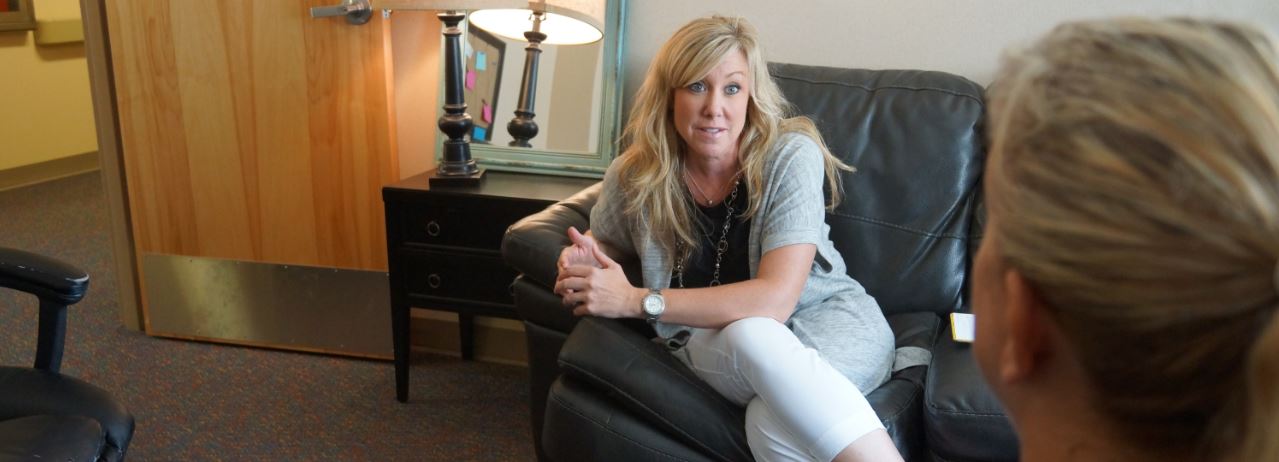Training Opportunities
Training Philosophy
The goal of our clinical psychology internship program is to prepare doctoral students in clinical psychology to provide psychological services in public mental health, managed care, and private sector settings. The internship is based on the practitioner-scholar model, and training is generalist with some opportunities for specialization. We expect that the interns will begin the training year with knowledge of the theories, research, and models of general psychology in addition to having basic clinical skills in therapy and assessment. Ideal applicants are those who have a strong interest in both therapy and full-battery psychological assessment. Administration, scoring, and interpretation of the Rorschach is a major training focus. Applicants should have experience with administering full-battery assessments, scoring and interpreting various measures, and writing psychological reports based on testing data. Competitive applicants will have at least 400 APPIC intervention hours. During the internship, interns are expected to increase their knowledge of clinical psychology and their ability to intervene in ways that are sensitive to the level of the client's psychopathology, ethnic or cultural background, and legal or ethical factors. Interns are expected to be functioning at a beginning doctoral level by the end of internship. Research opportunities are available but are not required.
Internship is a critical transition period during which graduate students become early-career professionals, and so our culture, values, and training philosophy are designed to create an environment of challenge and warmth in equal measure. In addition to building competence in therapy, assessment, and consultation, we encourage formal and informal interaction between interns, postdocs, supervisors, and staff both during and after work hours. The most successful interns are those who bring a mix of teachability, humor, intellectual curiosity, energy, and openness to the internship year.
We believe that exposure to new experiences is essential and we aim to provide a breadth of options while still allowing sufficient intensity of experience. Since the exposure to, learning in, and thought about clinical experience are primary, treatment, supervision, consultation, and assessment experiences are given priority in the assignment of the intern's time. Seminars, in turn, are geared to clinical service. The integration of service and research is an important emphasis of the program but, in terms of time allocation, research has been given a lesser role.
Completion Requirements
The program is considered a 40-45 hour per week placement (25-30 hours are face-to-face). Normally, the entire internship is completed in 12 months. In some cases, this may be extended, but only with prior approval by the Director of the Internship, psychology faculty, and the intern's graduate program. In all cases, the internship will be completed within 24 months.
Interns exit the program after accruing at least 2000 hours of training over the course of 12 months. Successful completion of the internship requires (1) accruing 2000 hours of training, including 1000 hours of direct service and 6 hours per week of supervision (2 of which are individual supervision), and (2) a rating of “fully competent” (either 4 or 5 on the five-point scale) on 80% of the competencies for each program goal as rated by interns' supervisors and/or instructors.
For clarification, direct service is any clinical service and activities involved with the delivery of direct service other than routine paperwork. This includes face-to-face clinical encounters, crisis consultation by phone, observation sessions, assessment protocols, special report writing, phone contact with other clinicians working on the case, phone contacts with other parties (e.g., follow-up with parents, schools, Army personnel, etc.), and case conferences and similar meetings. Not included are routine documentation, filing records, time spent drafting case presentation materials, internship research projects, seminars, and travel time to and from sites. Upon completion of the training program, you will be issued a certificate of completion listing the date of completion. This document will be useful when applying for licensure, board certification, or additional certification.

